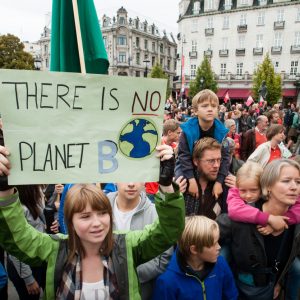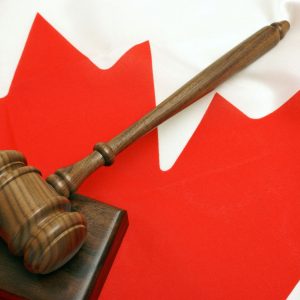By Margaret Rao,
Nothing less than a global health crisis could stop us in our carbon footprint tracks and expose the (f)ailing globalized, corporate economy. The pandemic brought home just how connected and vulnerable we are to life-threatening viruses, the latest of which originated in bat populations. As humans increasingly encroach on wildlife habitats for land and food, we decimate whole ecosystems. Factor in the climate crisis – weather-related events have reached a record high in 2020 – and we have created a perfect storm for systems collapse. Desperate times call for smart and humane solutions.
Public health leaders and essential lowerwage frontline workers, especially those in long-term care homes, who provide for our at-risk seniors, through their dedication and self-sacrifice, point the way forward to a wellness-based economy. The majority of lower wage workers in healthcare and other service industries are women of colour. Women of colour, Black and Indigenous women already experience systematic gender and racial inequities. Many working-age women (men too), also perform double child and eldercare duty. Our new Finance Minister, Chrystia Freeland, stated: “The restart of our economy needs to be green. It also needs to be equitable; it needs to be inclusive.”
What better way to start a just and green recovery than by providing Canadians in need with a basic income!
Tackling income inequality is a first step to a healthier and economically secure society. NGOs such as Basic Income Canada Network, faith groups such as the Canadian Unitarian Council’s National Voice Team, economists and politicians of all stripes, have made an urgent case for a universal basic income. Pilot program studies have shown that economic support to lowincome people is an economic multiplier because low-income people spend most of their income (purchasing power) putting it back into the local economy. Participants report having better health; some found higher paying jobs. Put another way, what is the price, in terms of social cohesion, we have already paid for income inequality? What is the cost of not addressing climate change and an unsustainable economy?
A guaranteed basic income would also counter the current social unrest by creating a sense of belonging and civic participation. The rise of right-wing populism, with its anti-immigrant, anti-elite anger and resentment, is linked to the rampant growth of economic inequality.
The federal government came to the rescue with a $2,000/month Canada Emergency Response Benefit (CERB) for those who lost income during the pandemic. The feds launched a new Canada Recovery Benefit (CRB) in the fall and have promised reforms to Employment Insurance.
Where is the money coming from? The answer is the Consolidated Revenue Fund at the Bank of Canada (BoC). The BoC was nationalized during the Great Depression in the 1930s and did much to kickstart Canada’s economic recovery. The feds also provide financial aid to the provinces and territories, as well as the private banking/investment sector. Mark Carney, former Governor of the Bank of Canada and the Bank of England, has called on the financial sector to invest in environmental and social enterprises. The government can and must do better moving forward with monetary and fiscal (tax) reform. Canadians of all ages are calling for a wealth tax on the richest 10%. The government must also address the many tax loopholes and tax havens in Canada and offshore. Now is the time to build Canada (and the world) back better with bold, transformative policy changes!
Margaret Rao, is the past President and longtime member of the Board of Canadian Unitarians for Social Justice (cust.org); a member of ClimateFast, for a green and just energy and economic transition; a board member of CAN/ Rac, Climate Action Network Canada; and a board member of COMER. Margaret is also a decades-long member of the Canadian Voice of Women for Peace (vowpeace.org).








